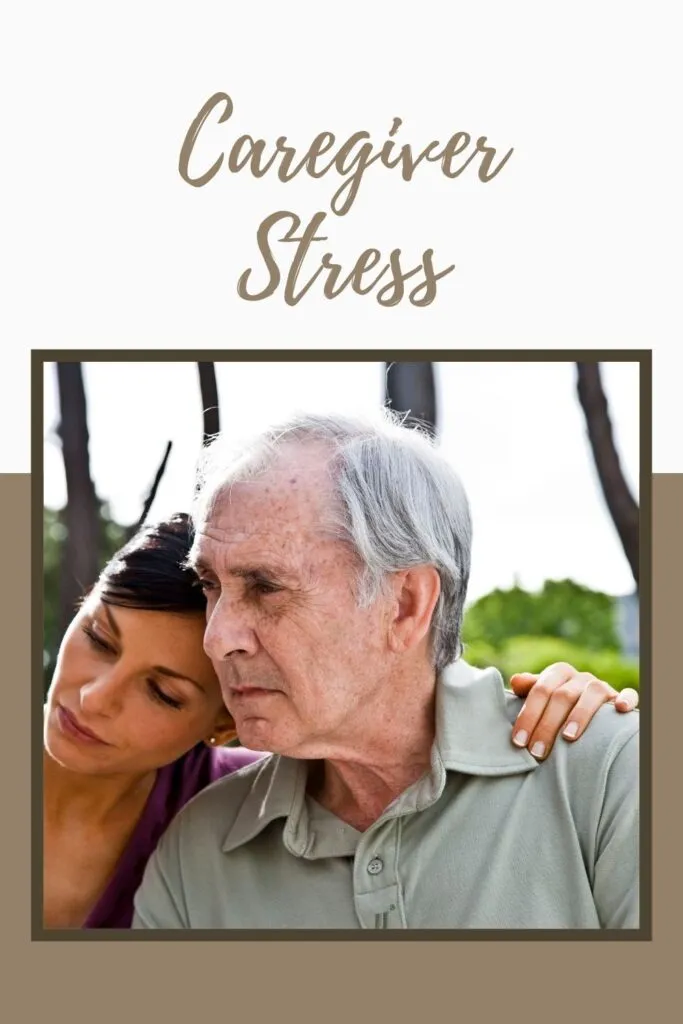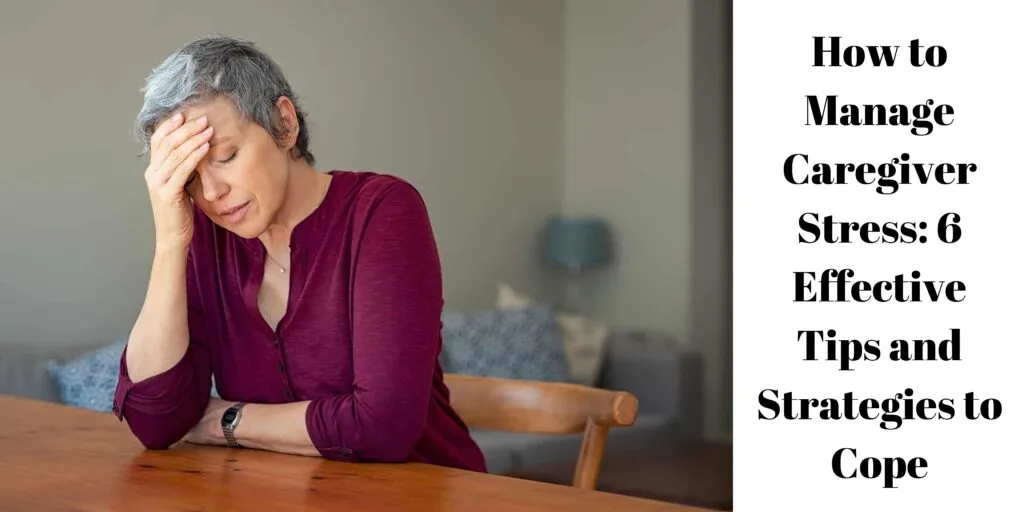Losing interest in your caregiving duties is one of the earliest signs of caregiver stress. You might still be punctual and proficient in your duties. But the accompanying feelings of constant irritability and exhaustion are big indicators of the storm brewing within you.
If you fail to act now, you might soon fall into drug abuse or heaps of physical problems.
So, it’s best you actively address the situation with the following tips.
- Consider respite care
By definition, respite care refers to short-term breaks to relieve primary caregivers from their duties. You can plan it for an afternoon, a week, or even a month.
Unlike daily short breaks, the idea here is to get away entirely from your caregiving setting. During this break, you can indulge in recreational activities like traveling or spa trips to refresh and re-energize yourself.
Or you can cater to your personal aspirations and responsibilities, such as pursuing a skill or academics. But it should be focused on you or something you want to do. Doing so will boost your productivity in the long run.
If you’re the primary caregiver of your family, you can hire help from private caregiving organizations like Banfields aged care – especially if you need specific help with things like dementia or palliative care. They can take care of your loved one, while you refresh yourself and come back with better stamina.
- Learn to say no
The urge to ensure that others have the help they need despite personal costs is called altruism. True, it’s something built-in within you, and it’s almost natural for you to lift the burden off others. But too much altruism is unhealthy for both the giver and the recipient. Science calls it pathological altruism.
Excessive selflessness could cost you your sanity, reputation, or health. And it could make your recipient too dependent on you. Remember, your prime duty as a caregiver is to prevent damage.
So, when agreeing to care for people, check if:
- There’s an alternate and convenient way for the recipient to tackle the job themselves.
- You’re already committed for the requested time (emotionally and physically).
If you answer Yes to any of the above, it’s best you say No. Note that you don’t have to explain your choices unless necessary. And no, it’s not aggressive, irresponsible, or rude. Saying no is your right, both as a caregiver and a human being.

- Make realistic to-do lists
Your job involves more abstract stuff (like emotions) than technical stuff, which is why you may be beginning your days with unrealistic, zealous lists and winding up with a sense of defeat. This unrealistic approach towards your daily goals will eventually rob you of enthusiasm and motivation.
So, it’s best to separate your goals and tasks when creating a to-do list.
Create different columns for both. List goals defining your wins (such as regain focus) in one column. And list tasks in the other.
Tasks should include chores that demand effort. Avoid listing everyday automatic tasks like waking up, showering, or having lunch. Keep your list precise, actionable, and practical.
- Schedule short breaks for yourself
Caregivers often cramp their schedules, which leads to early burnout. A healthier and more practical approach would be to schedule breaks for yourself.
In your day-to-day schedule, set aside some time for healthy meals and exercise. You can even schedule a 10-15 minutes break between tasks to practice breath-focused meditation. Studies prove that deep breathing relieves stress, reduces anxiety, and strengthens the immune system.
You can also use these short breaks to listen to music. It will elevate your mood, keep you emotionally and mentally refreshed, and might relieve symptoms of depression.
- Use aromatherapy
Aromatherapy refers to the use of essential oils to calm your nerves. By far, it is one of the easiest ways to manage caregiver stress. That’s because you don’t have to set aside time or take a break.
Just pick your favorite essential oil from these. Buy a product that uses this oil and incorporate its use in your routine. Products that you can try include:
- Body lotions
- Shampoos & conditioners
- Massage oil
- Body wash
- Perfumes
For caregivers, the best way to practice aromatherapy is to use candles and diffusers. Candles release the scent of essential oils that relaxes the body, while diffusers release drops of essential oils that you breathe in.
- Join a support group
Studies prove validation minimizes psychological distress. So, it’s essential to communicate your stress with someone, preferably people who will relate and understand the intensity of your struggles.
For that reason, we recommend stressed caregivers to join caregiver support groups. In these groups, you can not only talk and de-stress yourself, but you can also learn more about caregiving and make like-minded friends.

